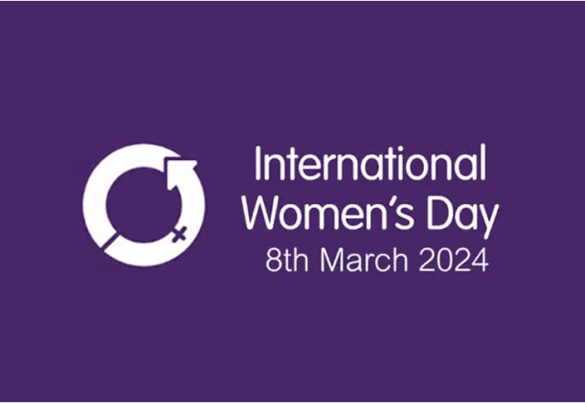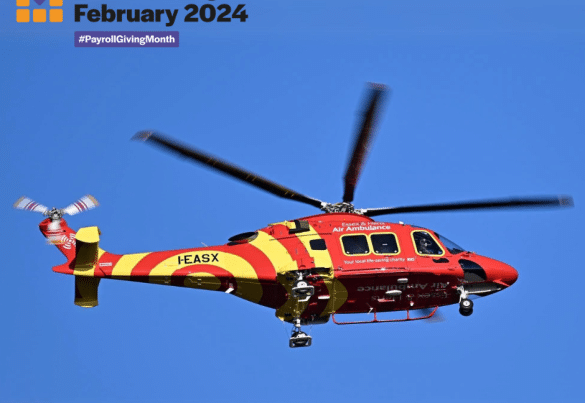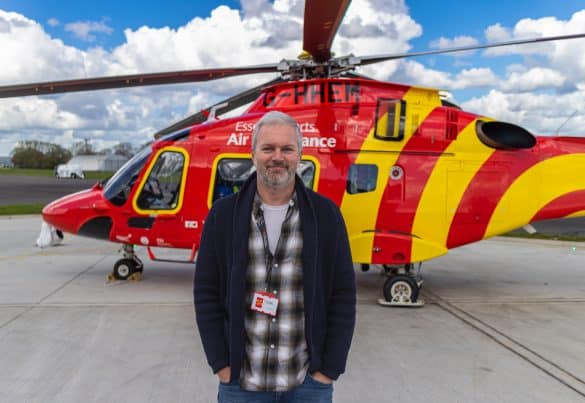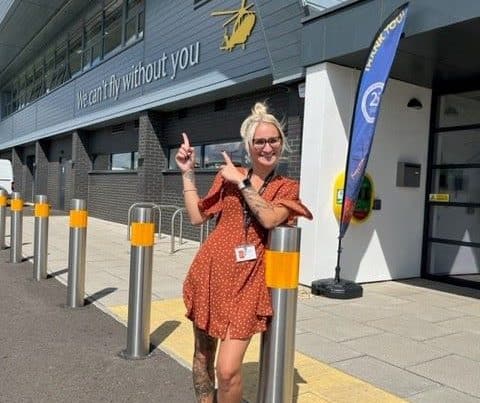SHARE
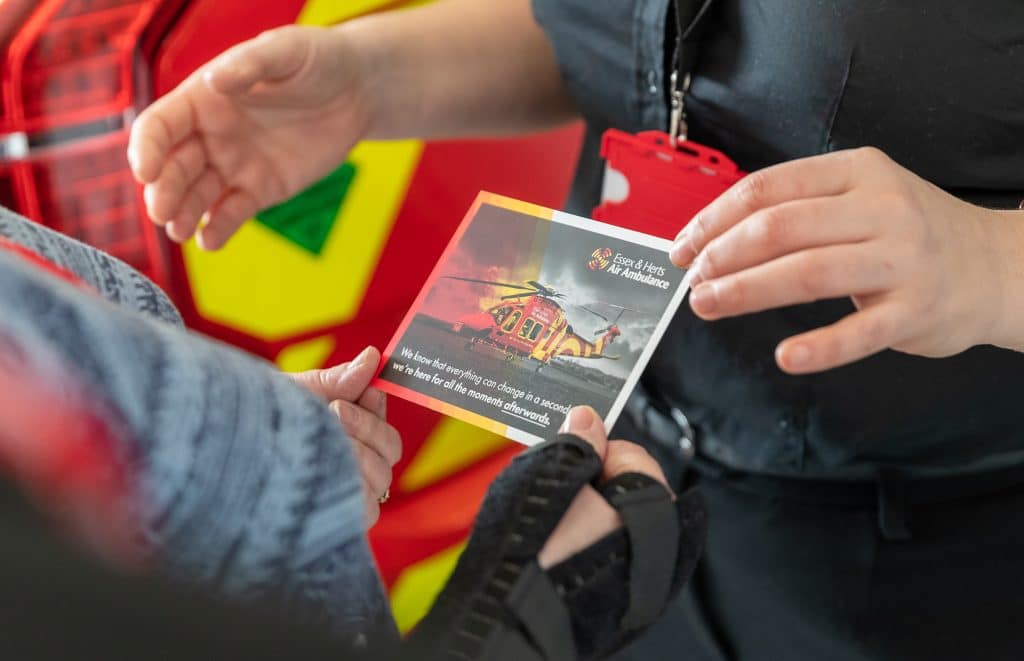
National Pathology Week
Everything we do at Essex & Herts Air Ambulance is about providing better care for patients; whether this is the extraordinary charity fundraising work done behind the scenes, or in the often-harrowing environment where someone has suddenly become critically ill or injured, we invest everything we have in trying to help make things better.
Sometimes, and despite delivering what we believe to be some of the most advanced medical practice anywhere in the world, our efforts are not successful in saving a life. The injury burden or severity of someone’s illness can mean that a patient might not survive despite all that we can do. In these cases, we recognise that the impact on families, friends, and other loved ones is enormous. Through our patient & family liaison team (PFLT) we often meet with families to explain the interventions that we have carried out, and to offer support where we can, even if this only scratches the surface of the grief that is being experienced.
Our medical teams spend a lot of time reviewing their cases, and whatever the outcome for the patient, we delve into a very significant amount of detail in reviewing the medical care provided. This review process is one of the most critical aspects of our ‘behind the scenes’ activity and it happens in a structured way.
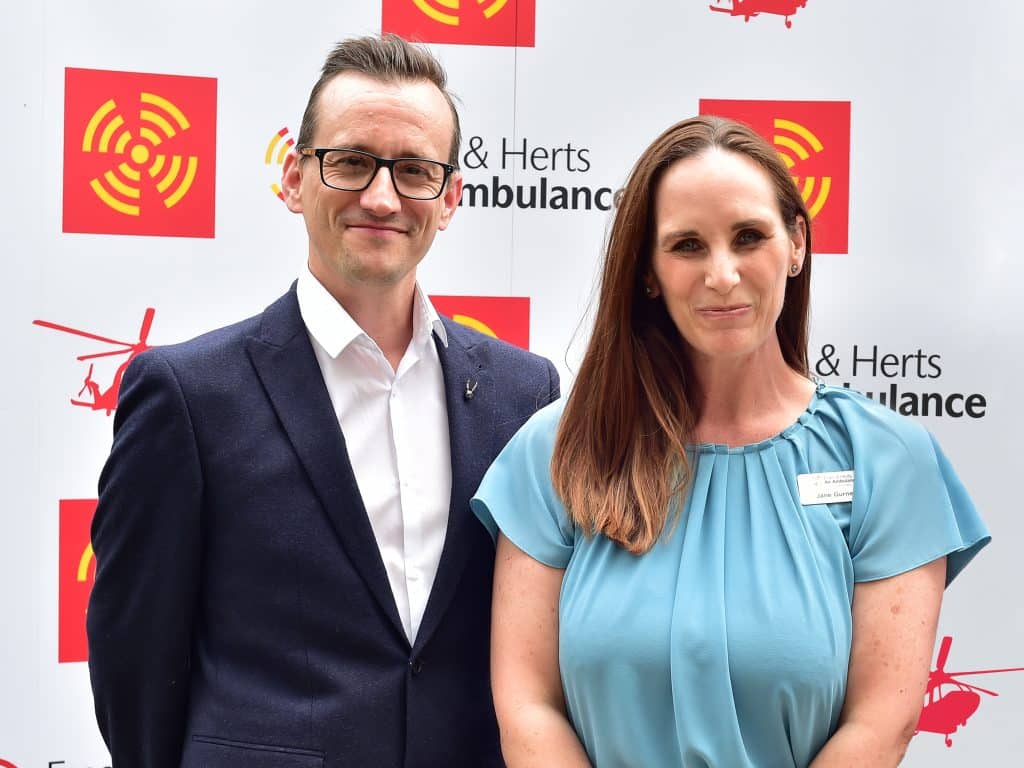
Dr Ben Swift with EHAAT CEO Jane Gurney
Forensic Pathology at EHAAT
In 2020, we introduced a consultant forensic pathologist, Dr Ben Swift, into our team. We knew it was vital that when a patient did not survive, our medical team reviewed the care delivered with as much information about the case as possible being available to them. Ben has become a crucial contributor to our case review process by enabling us to have insight into any autopsy information that might be available. Although the period where an autopsy is carried out can be extremely difficult for families, the process can help provide vital information that helps us as clinicians understand the impact of our interventions. In the same way, we can also build a vision for opportunities that might be created for future patients to survive, if we could innovate with new techniques or procedures.
“Our work with pathologists and coroners is inspiring, and we are constantly learning from the work that we do. From the perspective of the Care Quality Commission and regulatory systems, there is an expectation that we demonstrate our engagement in a constant learning cycle that allows us to continually improve. Having Ben as part of our team is one of the most important achievements over the past few years and we are very much looking forward to the future at EHAAT.”
Ben Myer, Head of Clinical Delivery
The process above is referred to by our clinicians as the CPC (Clinico-Pathological Correlation). With Ben we discuss our combined findings and interventions in considerable medical detail so that we can learn together, share experience, and ultimately help more patients in the future.
Crucial to the CPC process is working closely with HM Coroner, and the team of people who support HM Coroner in their work. Given that many of our cases happen suddenly and unexpectedly, HM Coroner can be involved in helping bring together all the circumstances of a case. While we focus specifically on the medical aspects, HM Coroner has a much broader role. Working together with pathologists and coroners, our vision is always to help improve patient care for the future as we strive to do more and more to help.
“The CPC days are a fantastic opportunity to understand a different facet of medicine, a different specialty, one which we historically wouldn’t have had much interaction with outside of coroners’ court. I’ve really noticed my diagnostic skills evolving over the years as a result of this work, becoming far more focused and nuanced, recognising injury patterns and actively seeking out specific signs that I might previously have missed. As we collectively gain a greater understanding of what is killing our patients, we move to a far stronger position to intervene, stop and reverse this process. Not only does this help save lives, but also improve the quality of life for those we save.”
Dr Chris King, Pre-Hospital Care Doctor
This week, we were fortunate to host HM Senior Coroners from Essex and Hertfordshire together with their Coroner’s officers at our CPC meeting. We shared thoughts and ideas on how we can work even more closely together in the future.
The learning from our review processes is always fed back into our operational activity, and as we look to the future of what we might be able to do, we are certain that the work that we are doing with pathologists and coroners will be crucial. The coming years will see opportunities for medical care that we might never have considered possible in the past. Our Centre for Excellence, funded and supported by the people of Essex and Herts now gives us an infrastructure to stretch the traditional boundaries of medical care. In learning from every patient that we encounter, we are determined to create ‘new survivors’ as we work together with others who are all on the same mission as us.
On National Pathology Week, we would like to thank everyone at the Royal College of Pathologists for their ongoing support.
Dr Gareth Grier
Centre for Excellence Project Lead
Join our mailing list
Join the community and recieve all the latest news and updates straight to your inbox.


